Whether We Want To Or Not, Using Less Camera Gear Is Important
So Here Are 6 Reasons You Should Strongly Consider Trying It
As it is in many fields and disciplines, less is more, and reducing things to achieve that state of “lessness” is a complex road to walk.
Let me talk a bit about what you'll learn when you trim your gear down and about the benefits of making such an effort.
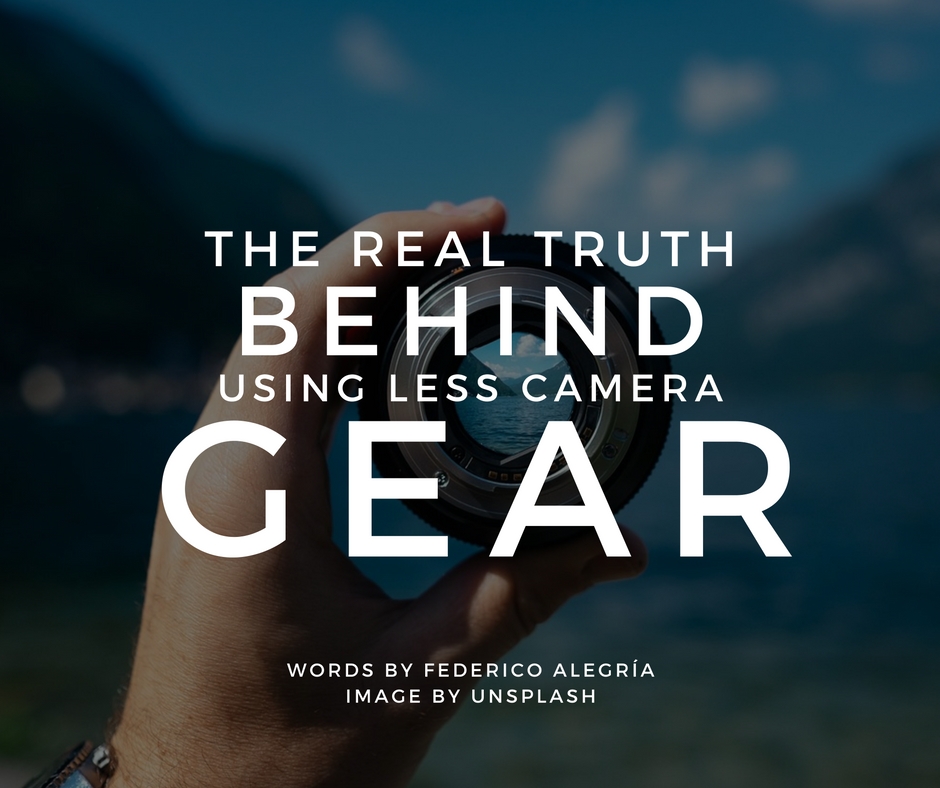
We all love the question “If you could only save one …[blank]…what would it be and why?”
So, imagine now you have only one gear configuration to save in a catastrophe so you can continue taking photographs.
Which one will it be?
One time I heard Omar Rodriguez-López talking about how reducing the number of pedals produced great changes in his music. He became more creative due to the limitations he had imposed on himself. For me, this is the perfect analogy!
I’ve seen this rule apply in many other disciplines besides music – and, of course, it applies in photography too. Using less camera gear invites you to push yourself to the limits to capture the images you want.
1. Examples Of Using Less, In Photography:
- Prime lenses make you walk more;
- Using film cameras restrain you from shooting more, and
- Using only one lens makes you unbelievably creative.
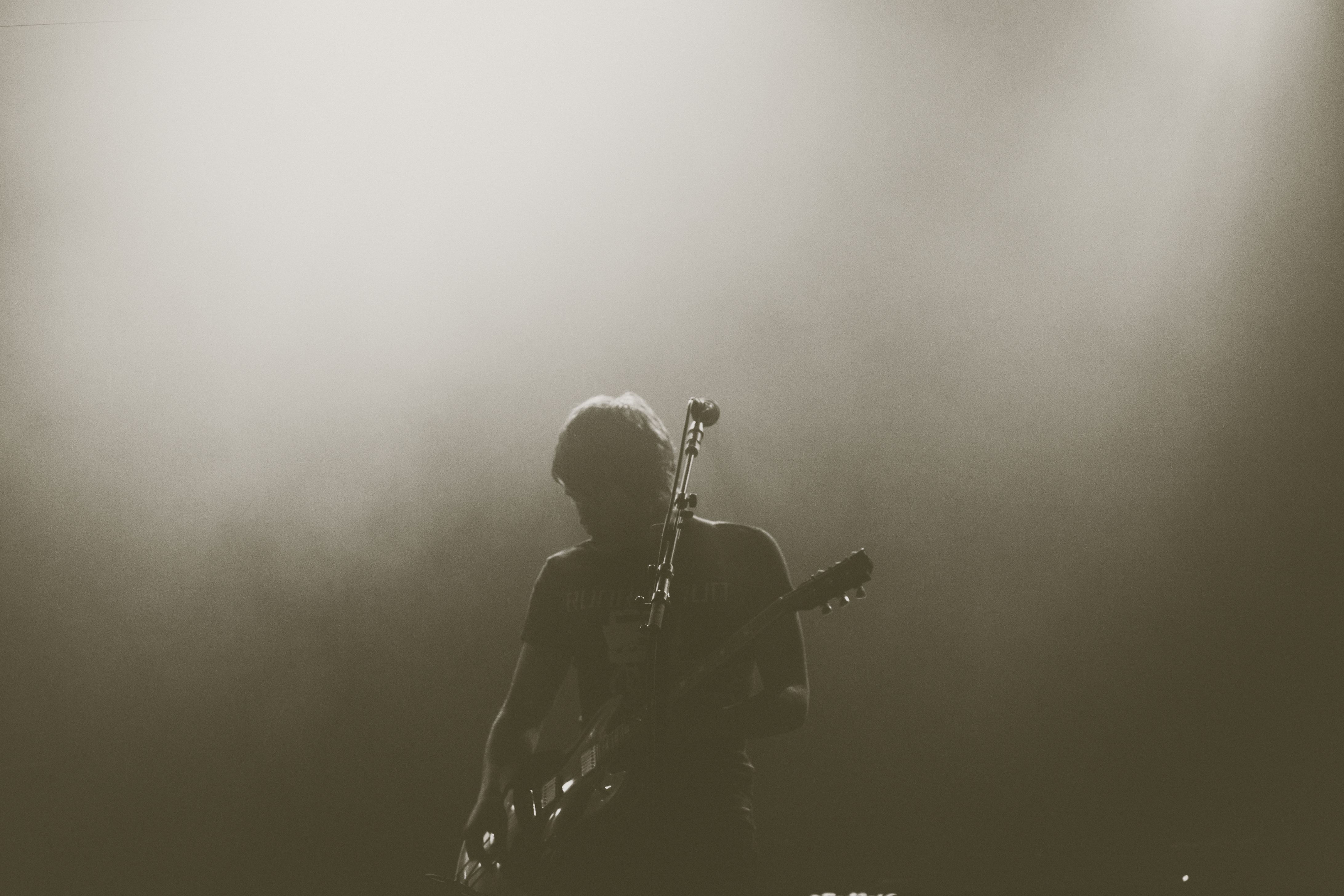
With hesitating, let’s talk about the truths surrounding this topic.
2. Seeking Limitations Will Actually Help Enhance Your Style
Since photography relies on several tools for capturing images in the form closest to our desires, it's easy to start reducing our equipment to achieve a minimum amount of valuable gear.
I also believe that photography has a certain pattern of growth in most cases, almost like a learning curve. Many of us started with a compact point-and-shoot camera, and as our passion grew, so did our gear.
In parallel, we experiment with many styles and niches of photography and knew how much gear each niche required. For example, wildlife photography requires fast telephoto lenses, macro photography needs to be done with optical maneuvers and macro lenses.
At a certain point, we start to enhance our personal style and photographic voice. This is the moment we realize that we are working more with specific optical resources, tools and settings.
Top Tip!
Ask yourself which style of photography you love the most, and which gear you couldn’t leave behind to capture the images you love the most.
This will be a great starting point to narrowing down your favorite pieces of gear.
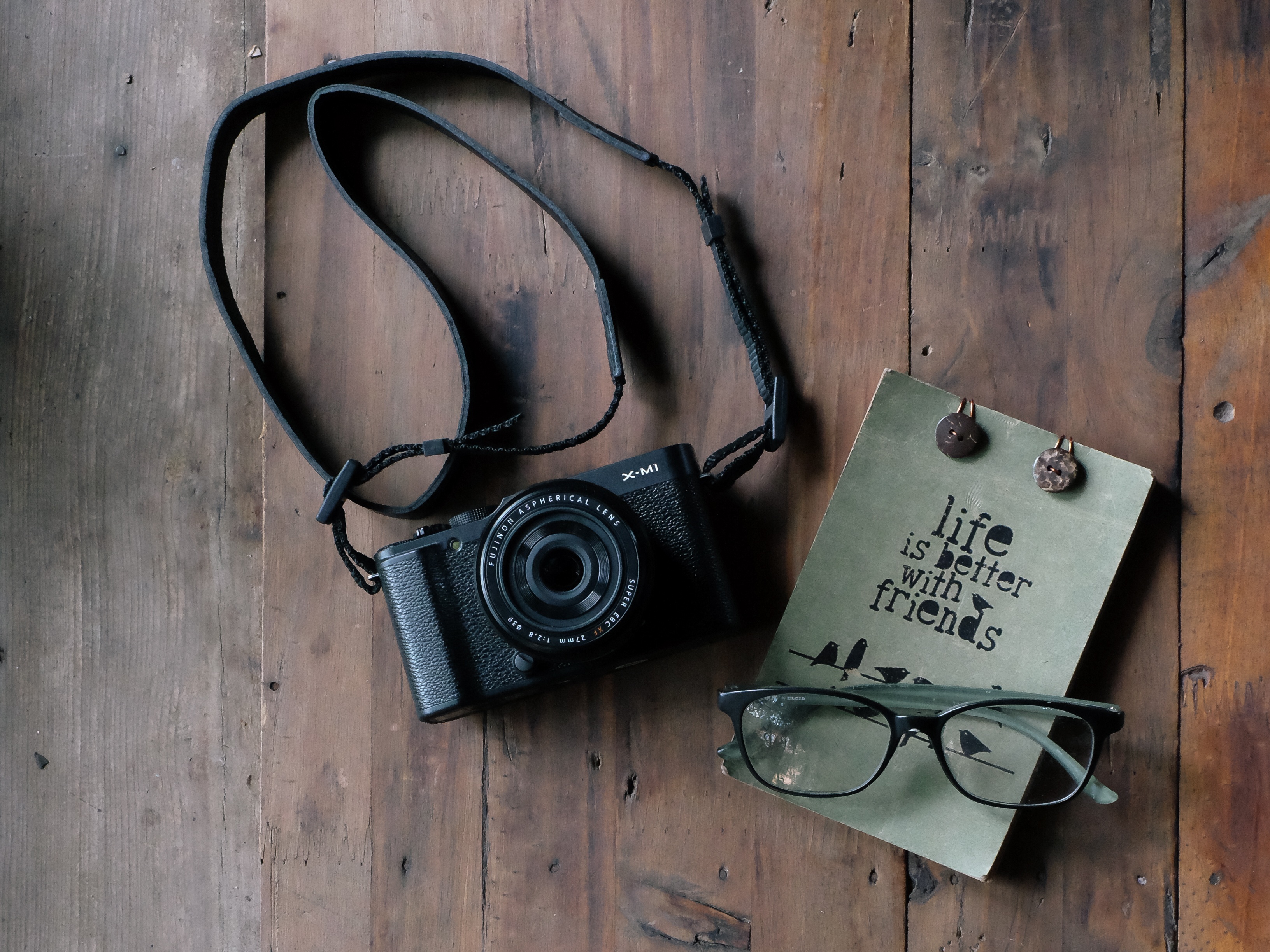
3. Less Camera Gear Means You’ll Be More Inconspicuous
Less camera gear means less visibility!
Therefore, by maintaining a low profile gear-wise, you'll be more inconspicuous than ever. You’ll blend seamlessly into social contexts in ways you never could before. This is especially important on the streets.
Social photography is my deepest passion, and getting close to people is definitely important.
You can do this by working with a non-intrusive piece of equipment – like one prime wide-angle lens, one small pancake lens, or even just a small yet powerful camera like the one I currently work with.
Further Learning
Using Lightroom? Photoshop? Photoshop Elements?
Learn a ton of highly valuable pro post processing tips to make your time at the computer more enjoyable.
This amazing eBook guide will help you discover what you can do to make your photos shine!
“Learn The Fundamental Editing Steps From A Pro, That Will Change Your Photography Forever!”
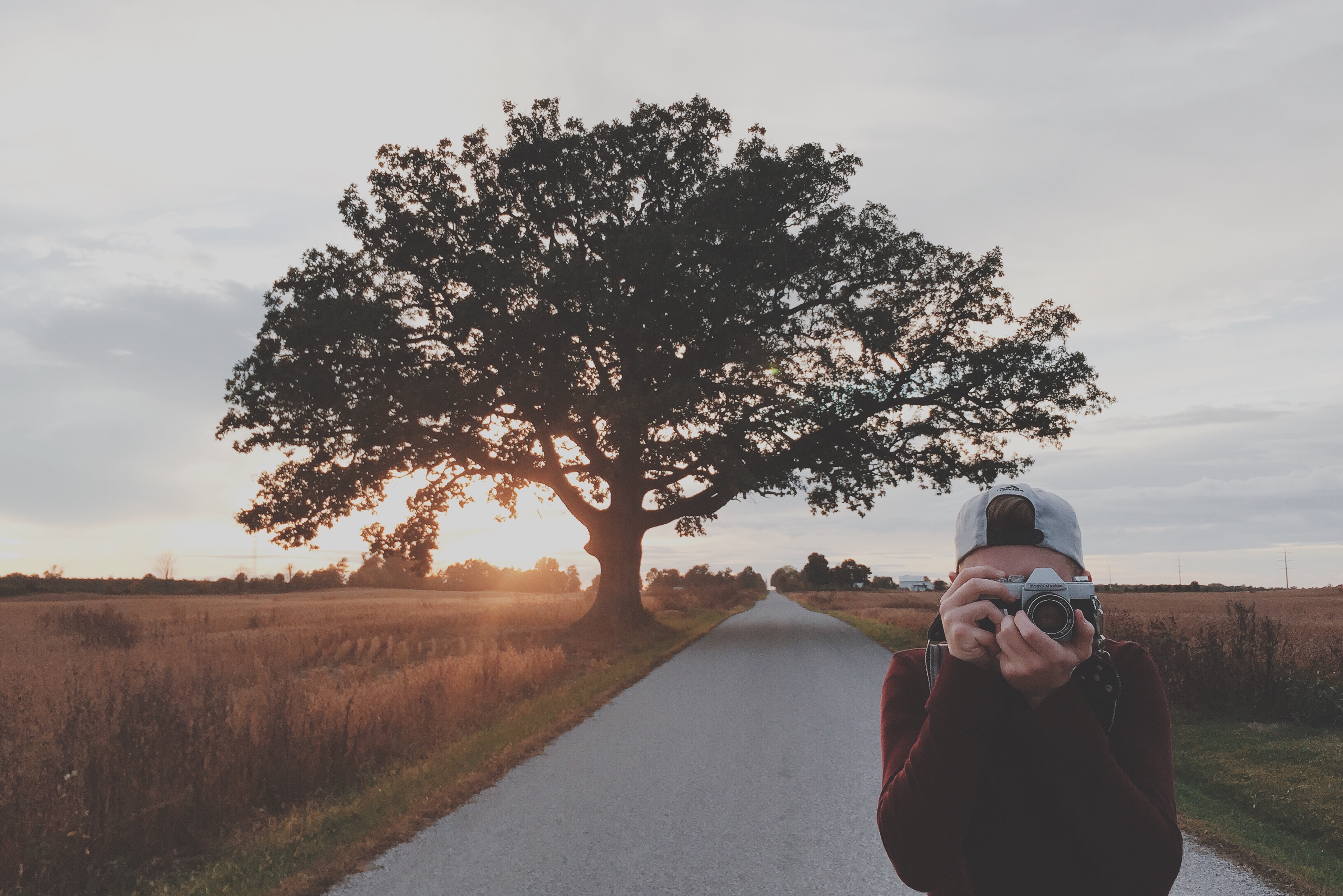
4. You'll Enjoy More Photography, And Stress Less
This most applies when you’re traveling. I’ve been saying this forever, and I’ll never tire of it. Enjoy your travels – you’re investing a lot of cash in the experiences travel can offer.
Don’t forget this.
Maybe you’ll be traveling alone, maybe you won’t. Maybe your companions are not passionate about photography, but they respect your passion, so respect their presence as well.
By dragging around large amounts of gear, you’ll enjoy the whole experience less, believe me.
Grab one piece of gear and you’ll enjoy your travels more than you would when carrying a whole studio with you. Less camera gear, wins.
5. Commitment To Gear Is Key
Committing to a limited amount of gear will give you one of the most fulfilling experiences in photography ever. You'll get to know the gear so intuitively that it will become an extension of your body.
You'll know
- It's limitations,
- It's scope, and
- The advantages it offers.
This is the fundamental strategy for learning to shoot from the hip as well because you'll know exactly what you’re framing without having to peek through the viewfinder.
Once upon a time, I knew a photographer from my country who was here visiting. The guy had been working for several years with just one camera and one lens and had recently bought a second lens for his camera.
He told me that he was so used to his lens and camera that using it was like driving; he made the camera settings unconsciously. I learned that achieving that level of organic reflection is amazing.
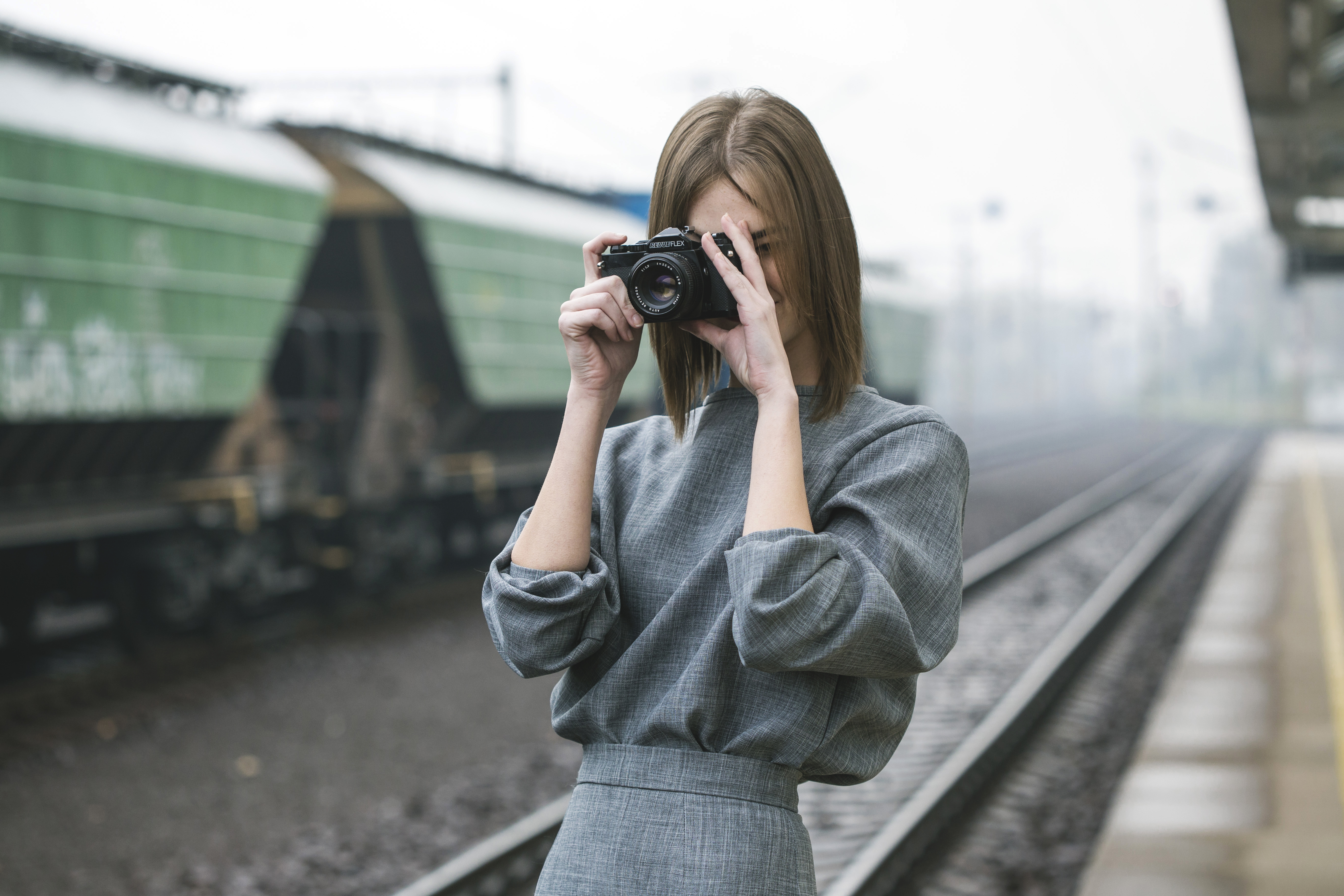
6. Two Of The Greatest Benefits I Can Pinpoint Are The Following
With less camera gear you will adopt a higher level of creativity
Imposing photographic limitations on yourself will reflect in the images you'll be able to capture. Embracing less gear will allow you to return to the basics, and you'll see the richness that available light has to offer to you as you capture images.
The result of working with less camera gear will boost your creativity in ways you never dreamed of if you. So, like me (and many others) once believing that having more tools would produce better images, you'll learn otherwise.
The images you produce will be of higher quality
Reducing gear will cause you to shoot less, so you’ll have a greater amount of quality photographic material at the end of the day. Just remember the days of film, when the resources were expensive and each frame was carefully shot.
Be grateful for the resources of our time, and don’t fall into the trap of taking those tools for granted.
Summary
Reducing gear can take extreme roads – such as micro SD cards and even turning your LCD screen off to avoid chimping.
Photography has evolved to a beautiful state that gives people more powerful photographic resources each day, but also seduces them into a state approaching laziness.
Remember to create limited scenarios to avoid falling into the sweet tentacles of laziness.
Lastly, Practice, practice, practice, and get to know your gear like it’s an extension of your body.
Photographing With Less Camera Gear – Top Takeaways
- Perhaps try minimizing other areas of your life first – for example, workout gear (if you workout!) – do you really need 4 pairs of shorts!? Then you can apply the principles to your photography.
- This may seem extreme to some, but try selling a zoom lens you don't use that often and replace it with a prime lens (only applies if you don't have a prime to start with), then keep it attached to your camera for 30 days.
See what happens? - Who wants to lug around a ton of heavy camera gear every time we step out the door with our stuff? Sometimes, it's just nice to have a little, less.
- Enjoy the social interactions that come with becoming a more inconspicuous photographer.
Further Resources
- Use Your Social Skills For Intimate Photographs by Federico Alegria
- 7 Things You Really Don’t Need For Street Photography by Federico Alegria
- How to Improve Your Photography By Going Back To Basics by Dzvonko Petrovski
- Do You Remember? Five Memories From the Days of Film by Jason Row
Further Learning
Using Lightroom? Photoshop? Photoshop Elements?
Learn a ton of highly valuable pro post processing tips to make your time at the computer more enjoyable.
This amazing eBook guide will help you discover what you can do to make your photos shine!
“Learn The Fundamental Editing Steps From A Pro, That Will Change Your Photography Forever!”



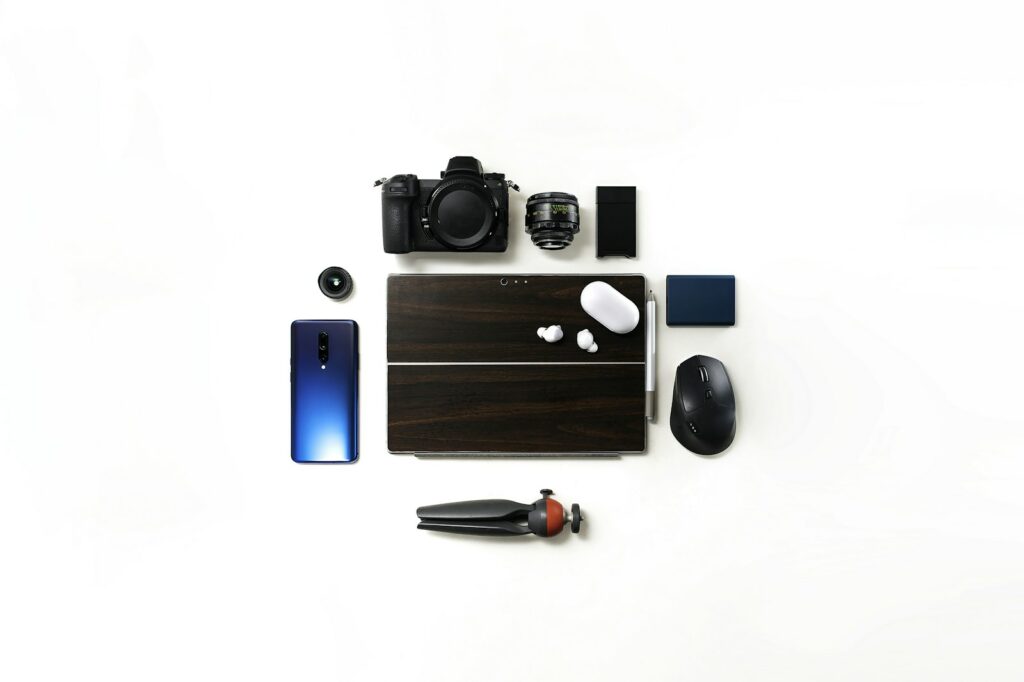
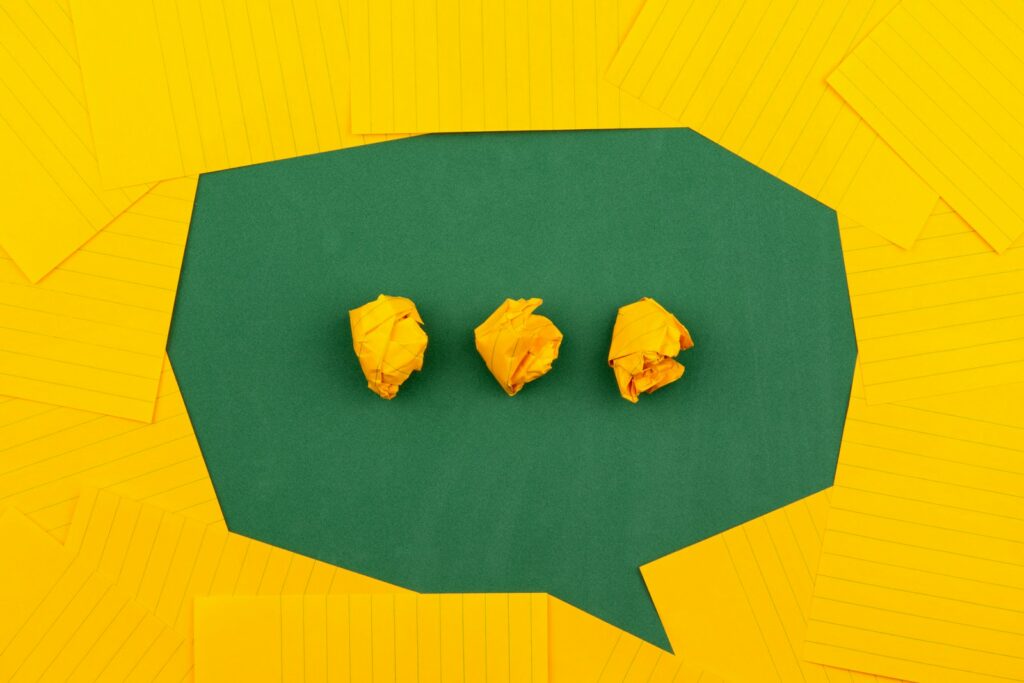
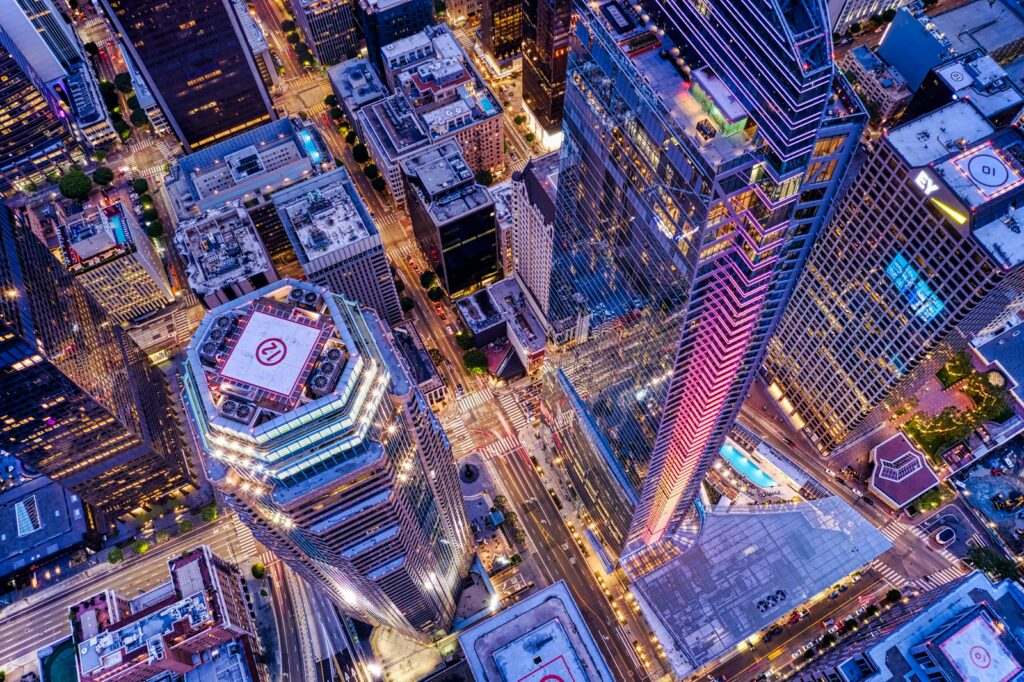
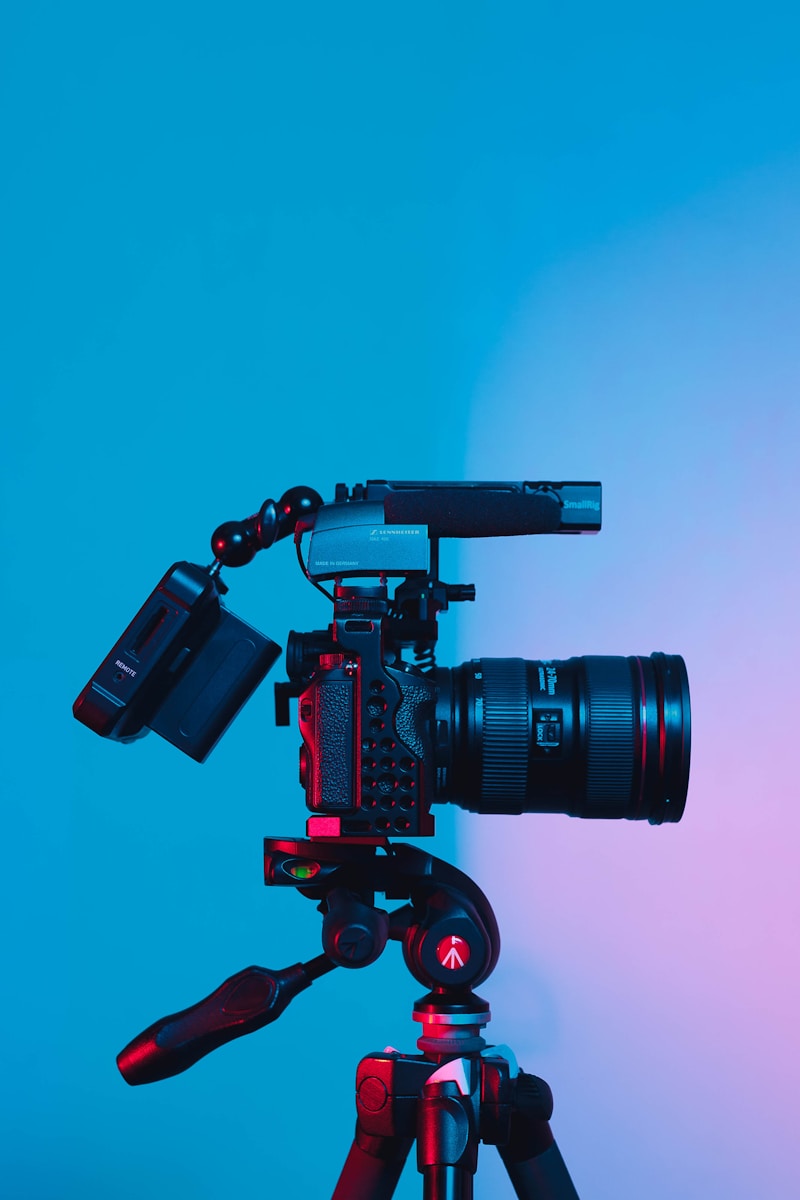
6 Comments
I would like to know how you get the shot used along with the title of this article????
This point of view is right up my alley. I went on a shoot and had a miserable time just because I was lugging around two bags of gear. I had a backpack and a shoulder bag. The worst part is I didn’t need or use half of the camera lenses. My back was killing me. I also noticed the guide wasn’t carrying a lot of gear. I vow on my next trip which is a European cruise to bring less. I will limit myself to one camera bag, a camera with a 28-75mm on it, and two lenses (75-200mm and a 14-24mm) a flash and light-weight tripod with the rest accessories.
Whether it is a fast wide angle in NYC, nifty fifty for carnival or a fast 85 for a portrait session, I only own prime lenses and I have no problem keeping it that way.
So very true. After 50 years of photography I just use a 2.8 pancake on a smallish DSLR. Have gazillions of lenses that I never use let alone lug. I do sometimes swap the pancake for a high qualty tele when I know there will be no other way to get close but I never travel with more than the pancake.
It was fun learning how to use all the other lenses and each of them is unbeatable in its own narrow range of use but nothing beats a good prime 50mm 1.4. A pancake is a good compromise because it makes the camera look inconspicuous and the whole thing fits in my jacket pocket.
I agree! I use a 40 mm prime lens for street photography it reduces the overal size of the camera. Carrying less gear empowers you.
Great Article. I have been struggling with this very situation. I wish I read this two weeks ago before my business trip to China. I carried around 25lbs worth of camera gear plus my work laptop and other stuff. In the end I only used my camera a couple of times with my 50mm prime and a polarizer filter. The rest of the gear just got in the way. I found myself not wanting to deal with it and not getting my camera out when opportunities presented themselves. I was left with a lot of cell phone pics however. I am going to start to actively follow this philosophy.